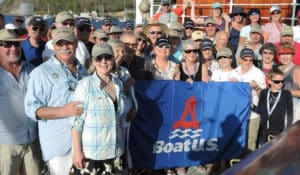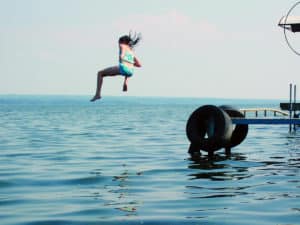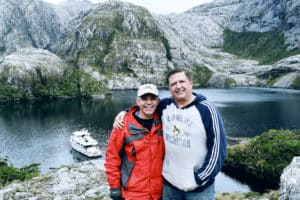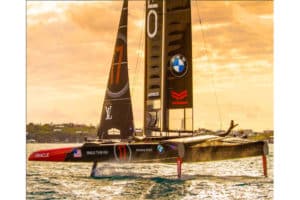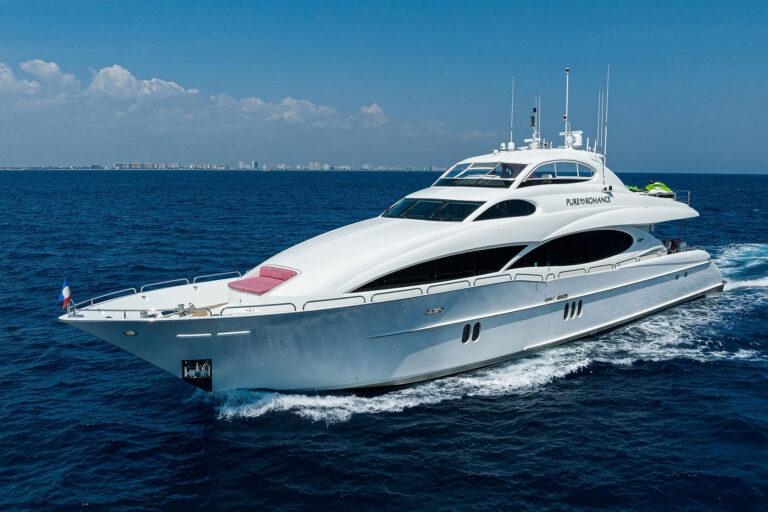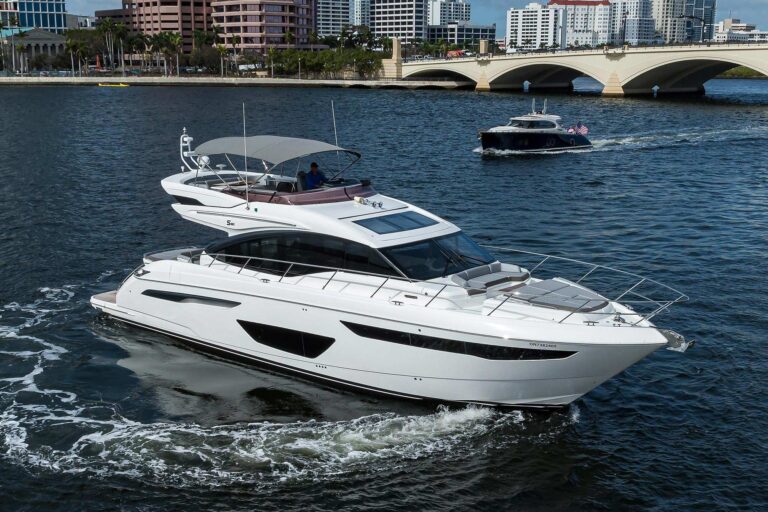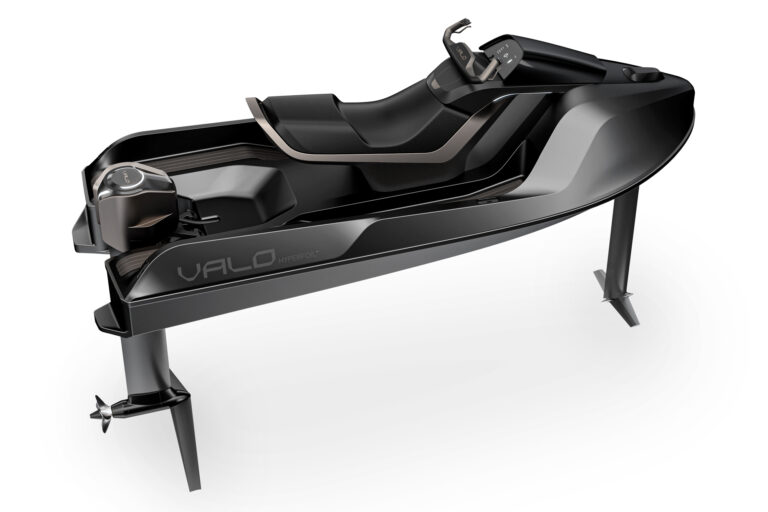West Marine recently awarded a total of $30,000 in Marine Conservation Grants to 11 organizations that are working to improve and protect the marine habitat.
The grants are part of West Marine’s BlueFuture initiative to help create a sustainable future. This year’s awards focused on enhancing marine habitat, engaging anglers in data collection and educating anglers about barotrauma (which affects fish brought to the surface too quickly from deeper parts of the ocean, leaving them unable to swim back to safety even if they are immediately released).
And the winners are:
• National Marine Sanctuary “Classic” in California, Florida, Texas, Georgia, North Carolina, Washington, Massachusetts, Michigan and Hawaii. The Sportfishing Conservancy will produce a summer-long fishing and photo contest at National Marine Sanctuaries across the United States.
• Puget Sound Anglers in Washington State. The money will educate anglers in the identification of rockfish and the use of descenders to increase successful catch-and-release rates and decrease barotrauma.
• Suffolk Marine Anglers in Babylon, New York. Funds will hire guest speakers to discuss barotrauma.
• Recreational Fisheries Research Institute in Covington, Louisiana. The grant will support the Marine Sport Fish Tagging Program.
• University of North Florida’s Coastal Biology Flagship Program in Jacksonville, Florida. The money will help the university work with local anglers to collect lionfish and manage the invasive species.
• Florida Sea Grant in Gainesville, Florida. Funds will conduct barotrauma media tours with charter boat captains, members of the Florida Outdoor Writers Association and other journalists.
• Martin County Artificial Reef Fund in Stuart, Florida. The grant will be used for a lionfish roundup to protect Martin County fisheries.
• Monterey Bay Salmon and Trout Project in Davenport, California. The group recovers native salmon and steelhead in greater Monterey Bay and vaccinates about 240,000 Chinook smolts each year.
• University of California, Santa Cruz, Carr Lab. Funds will involve the recreational fishing community in the collection of genetic samples from adult fish.
• Water4Fish Inc. in Concord, California. The group will solicit public support for better California water-management policies for the protection and enhancement of fish.
• The University of Hawaii’s Hawaiian Moon Calendar Project in Honolulu. The project works with fishing communities across the islands to determine spawning seasons, size and abundance of harvested reef fish.
Learn more about West Marine’s Marine Conservation Grant program at www.westmarine.com/bluefuture.

